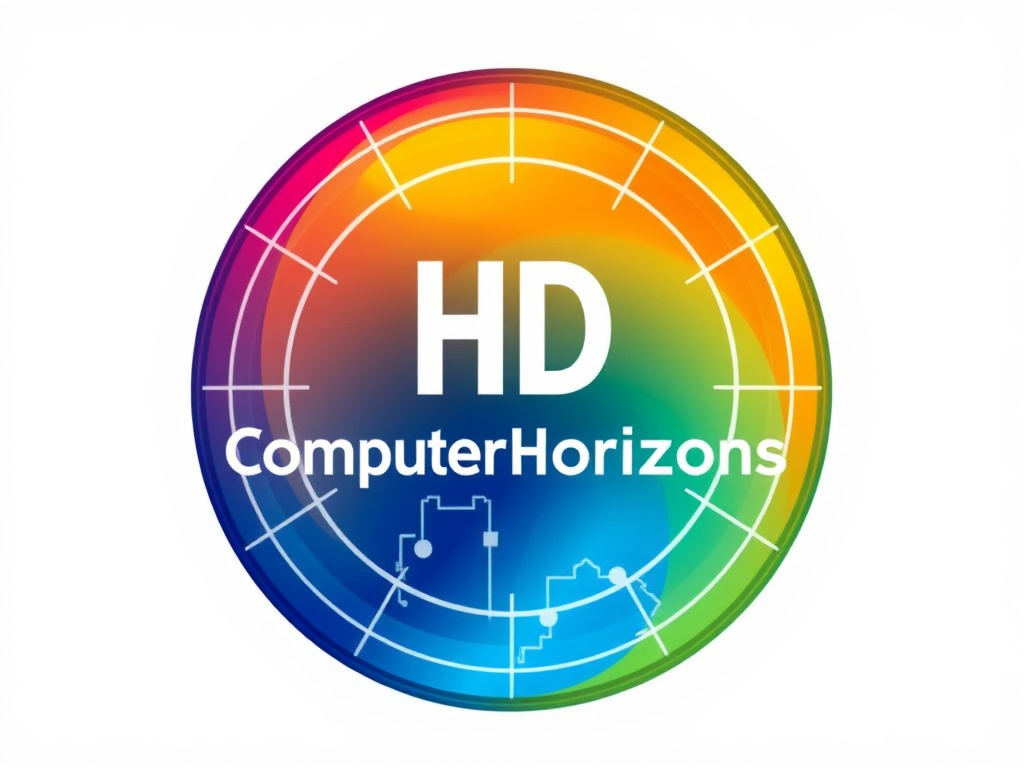Influence of Historical Internet Evolution on Present Technologies
The internet history is marked by distinct phases, each driving significant technological advancements that shape today’s digital world. Early milestones include ARPANET’s creation, introducing packet switching; the development of TCP/IP protocols; and the emergence of the World Wide Web. These foundational elements enabled a global network that evolved from military and academic roots to a pervasive commercial and social platform.
Each phase of internet growth has offered crucial lessons learned. For instance, the early open design prioritized connectivity but underestimated security needs, leading to today’s emphasis on robust cybersecurity protocols. Additionally, the scalability challenges faced during explosive user growth prompted innovations in infrastructure and network management. This rich history of trial, error, and adaptation accelerated digital transformation by fostering resilience and flexibility in designing modern web technologies and services.
Also to read : How Will Future Internet Security Challenges Shape the UK Tech Landscape?
Understanding these historic turning points helps contextualize current technological trends. They illustrate how the internet has morphed from a niche research tool into the backbone of countless industries. This legacy also underscores the importance of continuous innovation and readiness to adapt as digital landscapes further evolve.
Current Innovations Shaping the Internet Landscape
The Internet of Things (IoT) significantly broadens how devices connect and communicate, creating an expansive ecosystem beyond traditional internet users. This development fuels intelligent environments where everything from home appliances to industrial machines share data seamlessly. IoT’s role is pivotal in industries, improving monitoring, automation, and efficiency.
In parallel : How Will Future Internet Technologies Shape the UK’s Economic Landscape?
Complementing IoT, 5G technology revolutionizes connectivity by dramatically increasing data speeds and reducing latency. These enhancements enable real-time applications like augmented reality, smart cities, and autonomous vehicles, which demand rapid, reliable internet access. The transformative power of 5G accelerates adoption of advanced connectivity solutions essential for future innovation.
Artificial Intelligence (AI) integration into network systems further enriches internet services by enabling machines to analyze data, predict needs, and automate responses. Smart algorithms optimize traffic flow and resource allocation, enhancing both user experience and infrastructure management. Together, IoT, 5G, and AI integration represent core technological advancements that redefine connectivity and functionality in today’s internet landscape.
Impact of Internet Evolution on Critical Industries
The evolution of the internet has profoundly influenced healthcare technology, revolutionizing how medical data is collected, analyzed, and utilized. Digital transformation in this sector enables remote patient monitoring, telemedicine, and predictive diagnostics, which improve healthcare accessibility and outcomes. For example, interconnected systems powered by internet advancements facilitate real-time sharing of medical records across institutions, ensuring faster and more accurate diagnoses.
In transportation innovation, smart mobility solutions leverage internet growth to enhance efficiency and safety. Autonomous vehicles and connected infrastructure exemplify this change, supporting dynamic traffic management and reducing accidents. The integration of AI-powered systems and 5G connectivity drives these advancements, underscoring the internet’s pivotal role in shaping future transport networks.
Communication advancements have transformed global collaboration by enabling seamless, instant interactions across distances. Platforms powered by internet history’s cumulative technological advancements support diverse media sharing, virtual meetings, and crowdsourced problem-solving. These improvements encourage innovation and break down geographic barriers, fostering more connected industries worldwide. The combined effect in healthcare, transportation, and communication demonstrates how digital transformation fueled by the internet’s evolution continues to reshape critical industry landscapes.
Future Technological Trends Driven by Internet Advancements
Emerging technologies poised to reshape industries stem directly from ongoing internet history and accumulated technological advancements. Predictive trends suggest a surge in sectors like virtual reality, blockchain applications, and edge computing. These innovations leverage the backbone of earlier digital transformation efforts, creating new possibilities for personalization and efficiency.
Forecasts indicate that established sectors including finance, manufacturing, and education will undergo further digital transformation. For example, edge computing integrates with 5G to reduce latency, enabling real-time data processing closer to users—a critical advancement for IoT and AI-driven applications. Blockchain promises secure, decentralized data management, addressing trust and transparency challenges identified in earlier internet phases.
The potential for disruptive technologies also raises adaptation challenges. Organizations must develop agile strategies to respond to fast-paced changes driven by continuous internet evolution. Embracing cross-industry collaboration and investing in relevant skills will be vital to harnessing these future trends effectively. Such proactive approaches ensure that emerging technologies not only innovate but also align with evolving user needs and infrastructure capabilities, sustaining a trajectory of impactful technological advancements.
Societal and Ethical Considerations in a Rapidly Evolving Internet Era
As internet history progresses, concerns around digital ethics become increasingly critical. The rapid pace of technological advancements raises complex questions about data privacy and user consent. How can individuals maintain control over personal information when vast networks constantly collect and analyze data? Addressing this requires robust data protection laws and transparent practices from organizations.
Another pressing issue is the societal impact of misinformation and digital divide. Misinformation spreads faster than ever, influencing public opinion and social cohesion. Efforts to combat false information through improved algorithms and education are essential to uphold trustworthy digital environments. Meanwhile, the digital divide persists, where unequal access to technologies restricts opportunities for many communities. Promoting inclusion involves investing in digital literacy and infrastructure worldwide.
Finally, the ethical responsibilities of creators and policymakers cannot be overstated. They must guide digital transformation toward equitable outcomes, balancing innovation with human rights and fairness. This evolving internet era demands ongoing dialogue and collaborative governance to ensure that technological advancements empower rather than harm society.
Expert Insights and Forward-Looking Analysis
Industry experts emphasize that expert predictions of technology’s trajectory must balance optimism with practical foresight. They foresee continued acceleration in digital transformation, driven by innovations in IoT, AI, and 5G. These technologies synergize to create smarter, more responsive networks that support evolving user demands.
Future scenarios illustrate a digital ecosystem where predictive analytics and automation enhance efficiency across sectors. For example, smart cities will leverage interconnected devices to manage resources dynamically, reducing waste and improving residents’ quality of life. Researchers highlight that successful adaptation depends on a proactive approach to skill development, infrastructure upgrades, and regulatory frameworks.
Case studies reveal how organizations embracing continuous learning and flexible strategies thrive amid rapid internet evolution. Their experiences show that early integration of emerging technologies fosters competitive advantage and resilience.
Experts recommend policies that emphasize inclusivity, innovation, and security to guide the role of technological advancements in society. Educational initiatives should focus on nurturing digital literacy and ethical awareness, preparing a workforce capable of navigating complex future challenges.
This forward-looking analysis underscores the necessity of combining technical expertise with holistic governance to ensure the internet’s evolution benefits all users sustainably and equitably.

